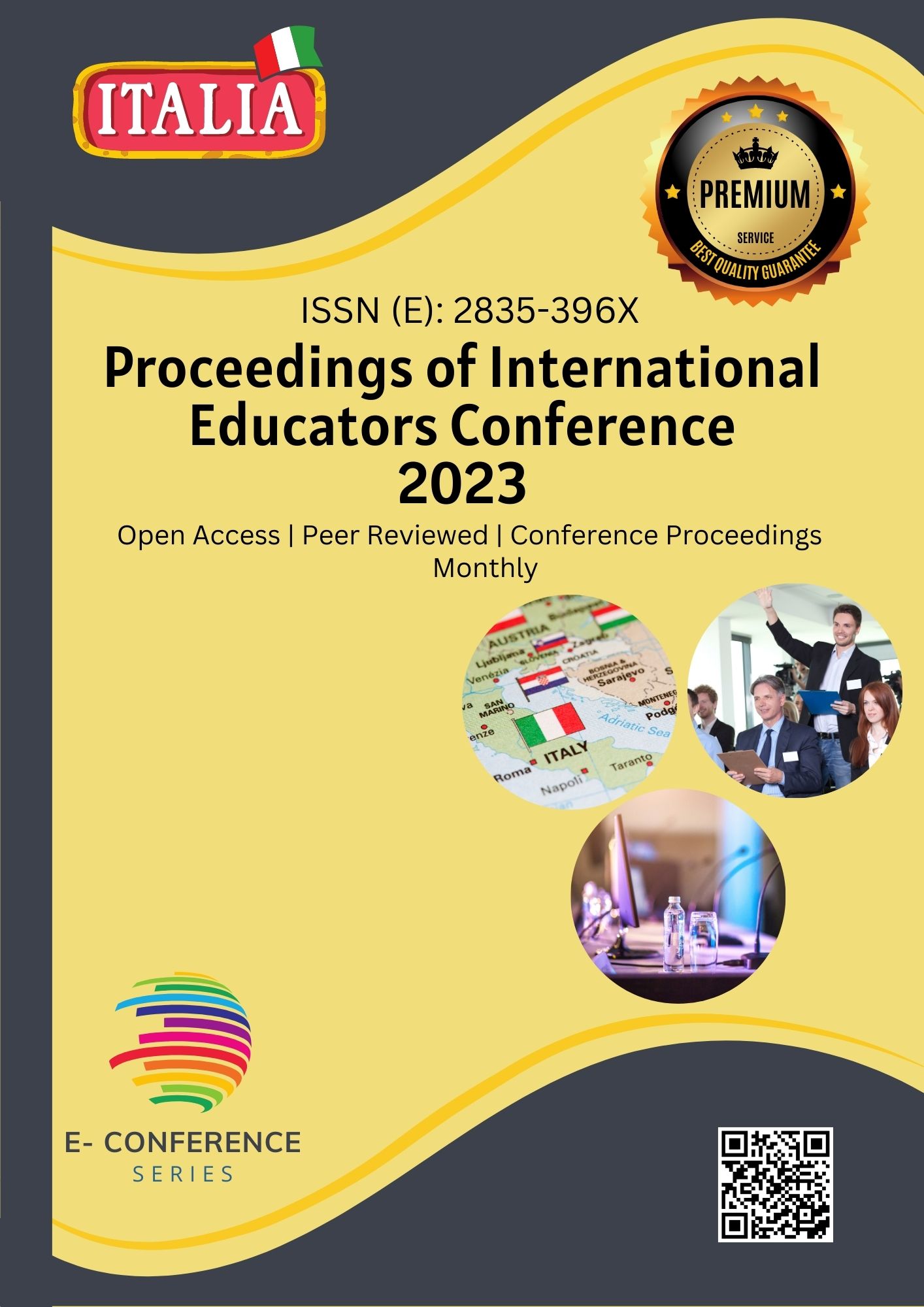THE ROLE OF MULTIMEDIA TECHNOLOGIES IN THE DEVELOPMENT OF INFORMATION CULTURE IN STUDENTS IS AN EXAMPLE OF FOREIGN EXPERIENCES
Keywords:
foreign experiences, multimedia technologies, information culture, students, online platforms, resources.Abstract
Today, information culture is important in the educational process of students. Information culture includes students' skills to search, evaluate, use and create information. Multimedia technologies serve as an important tool in this process. Multimedia technologies, combining text, audio, video and graphics, allow students to present information in a more effective and interesting way.
References
Mishra, P., & Koehler, M. J. (2006). Technological Pedagogical Content Knowledge: A Framework for Teacher Knowledge. Teachers College Record, 108(6), 1017-1054.
Hague, C., & Payton, S. (2010). Digital Literacy Across the Curriculum. Futurelab.
Jenkins, H. (2009). Convergence Culture: Where Old and New Media Collide. New York University Press.
Buckingham, D. (2008). Digital Media Literacies: Rethinking Media Literacy Education in the Digital Age. Research in Comparative and International Education, 3(1), 1-14.
Selwyn, N. (2016). Education and Technology: Key Issues and Debates. Bloomsbury Publishing.
Hobbs, R. (2010). Digital and Media Literacy: A Plan of Action. The Aspen Institute.
Gee, J. P. (2003). What Video Games Have to Teach Us About Learning and Literacy. Computers in Human Behavior, 19(1), 199-219.
Downloads
Published
Issue
Section
License

This work is licensed under a Creative Commons Attribution-NonCommercial 4.0 International License.








